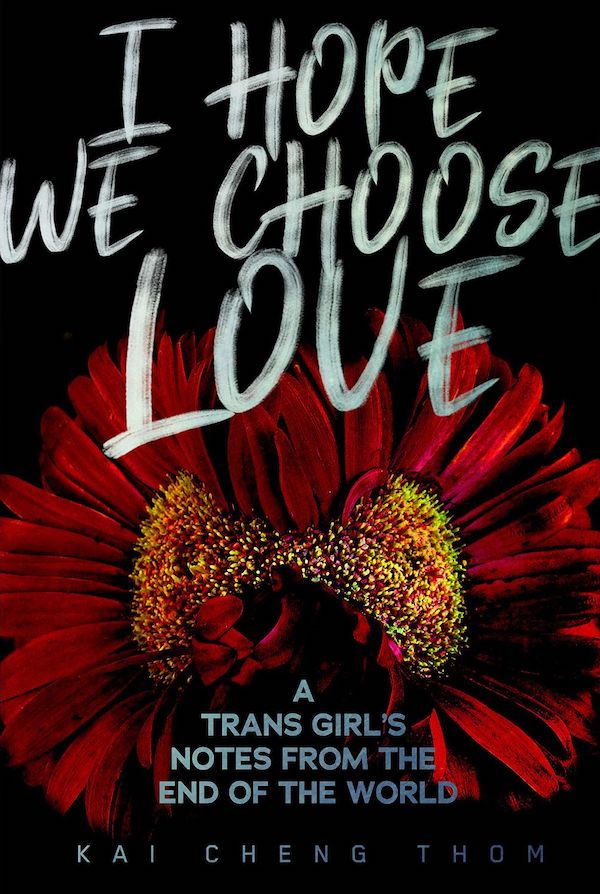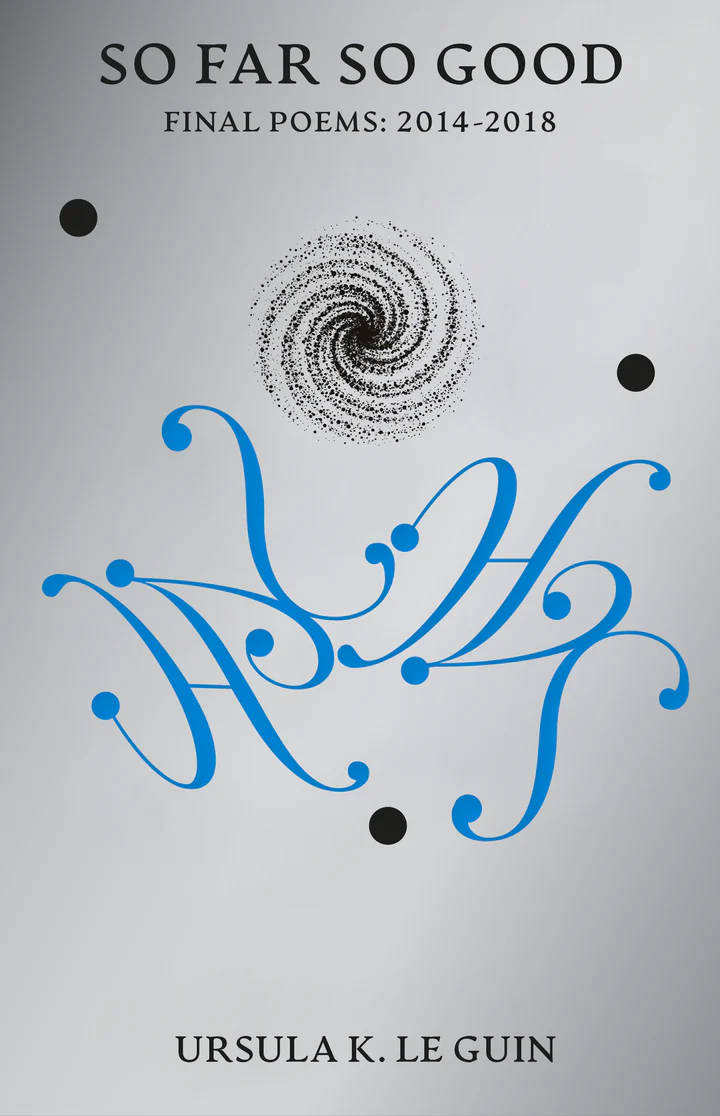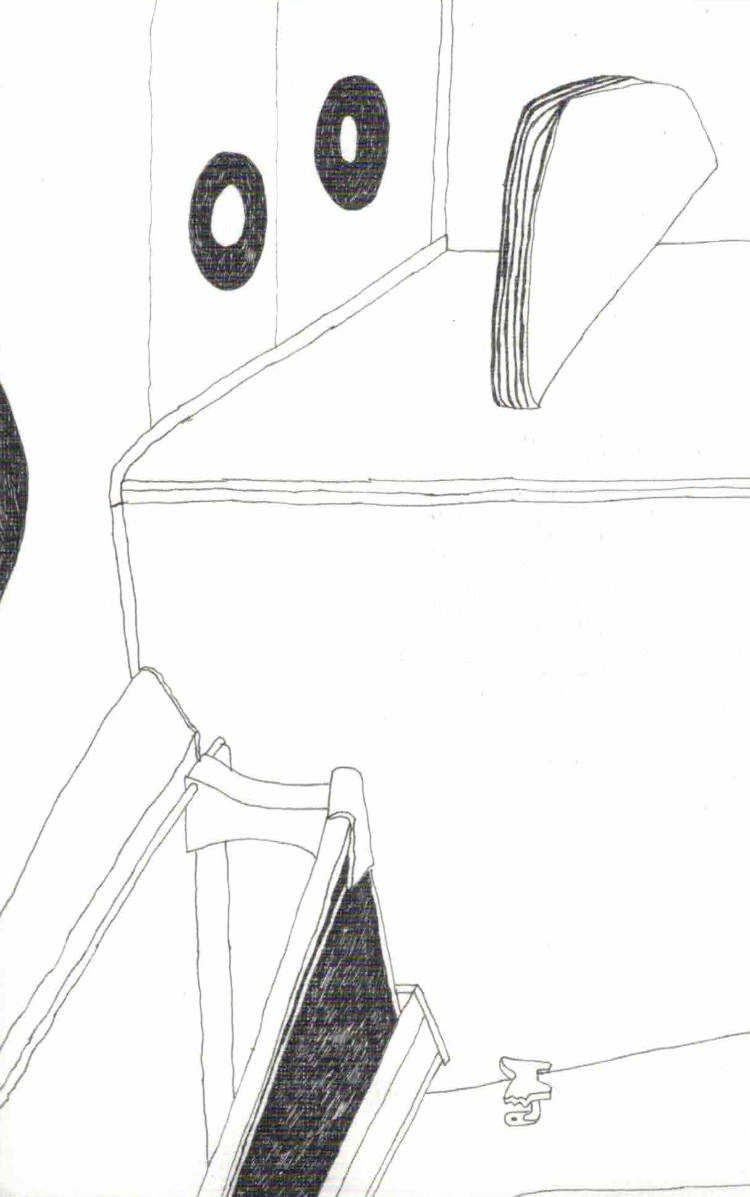
I hope We Choose Love
What can we hope for at the end of the world? What can we trust in when community has broken our hearts? What would it mean to pursue justice without violence? How can we love in the absence of faith?
In a heartbreaking yet hopeful collection of personal essays and prose poems, blending the confessional, political, and literary, Kai Cheng Thom dives deep into the questions that haunt social movements today. With the author's characteristic eloquence and honesty, I Hope We Choose Love proposes heartfelt solutions on the topics of violence, complicity, family, vengeance, and forgiveness. Taking its cues from contemporary thought leaders in the transformative justice movement such as adrienne maree brown and Leah Lakshmi Piepzna-Samarasinha, this provocative book is a call for nuance in a time of political polarization, for healing in a time of justice, and for love in an apocalypse.
Winner of Publishing Triangle Award for Trans and Gender Variant Literature; American Library Association Stonewall Honor Book
Kai Cheng Thom is a writer, performer, and community worker based in Toronto, unceded Indigenous territory. She is the winner of the 2017 Dayne Ogilvie Prize for Emerging LGBT Writers and a two-time Lambda Literary nominee. She has published widely, including the novel Fierce Femmes and Notorious Liars, the poetry collection a place called No Homeland, and (with Wai-Yant Li and Kai Yun Ching) the children's picture book From the Stars in the Sky to the Fish in the Sea.
Published 2019.
Language: English





![Cover of [...]: Poems](https://rile.space/storage/3222/01JRFE9N8ZCVXTMHJAS60D283M.jpg)

